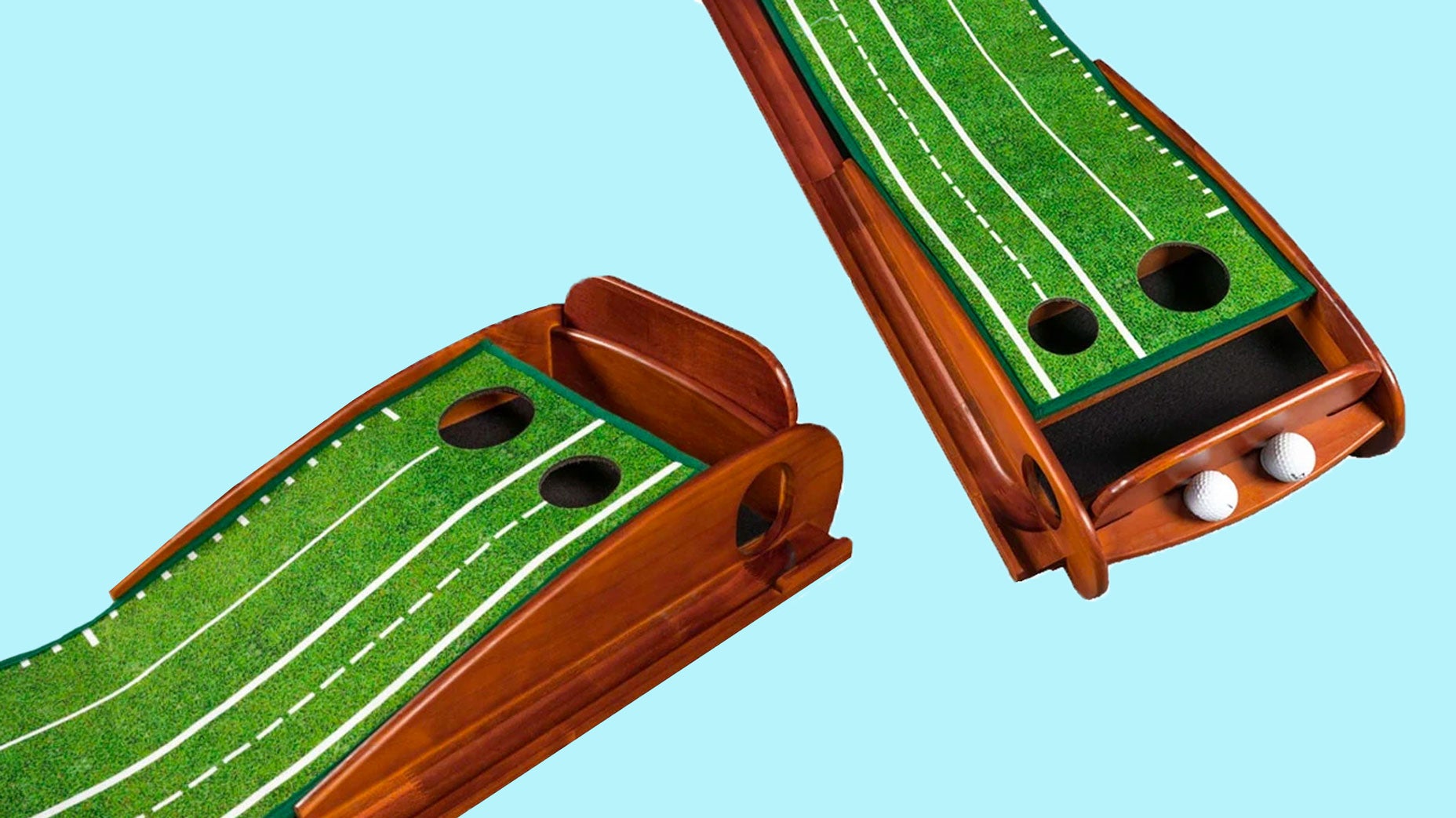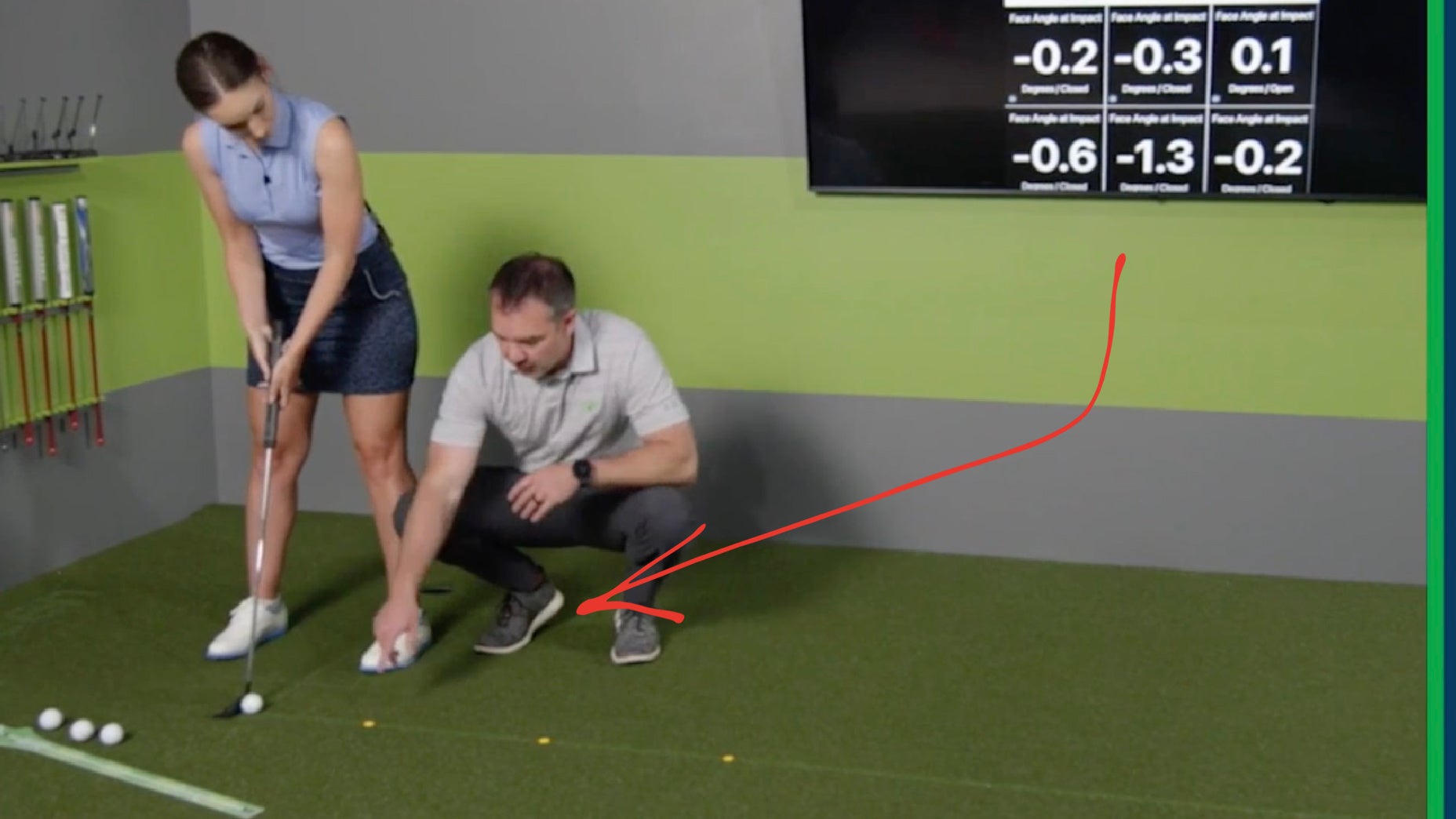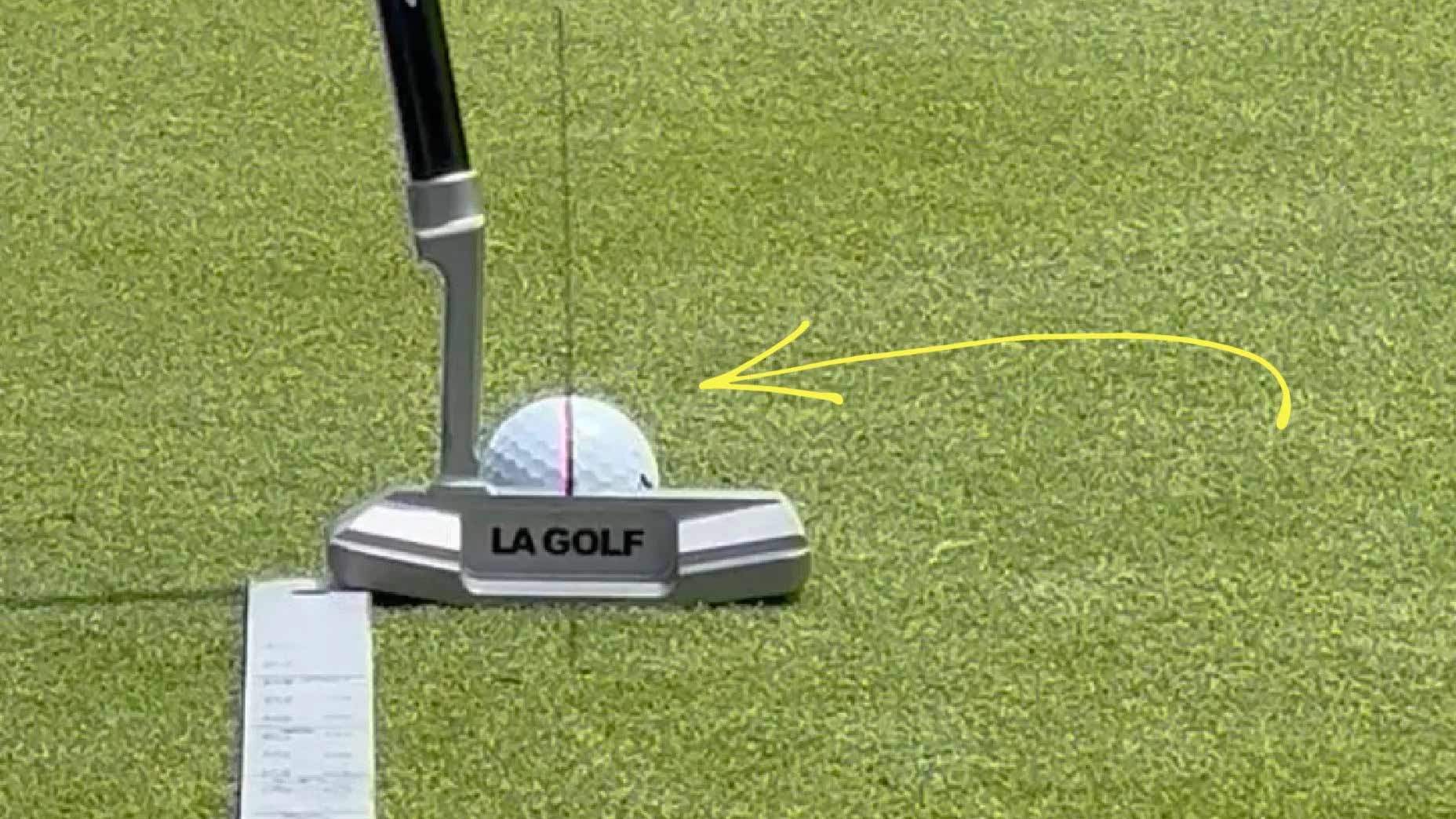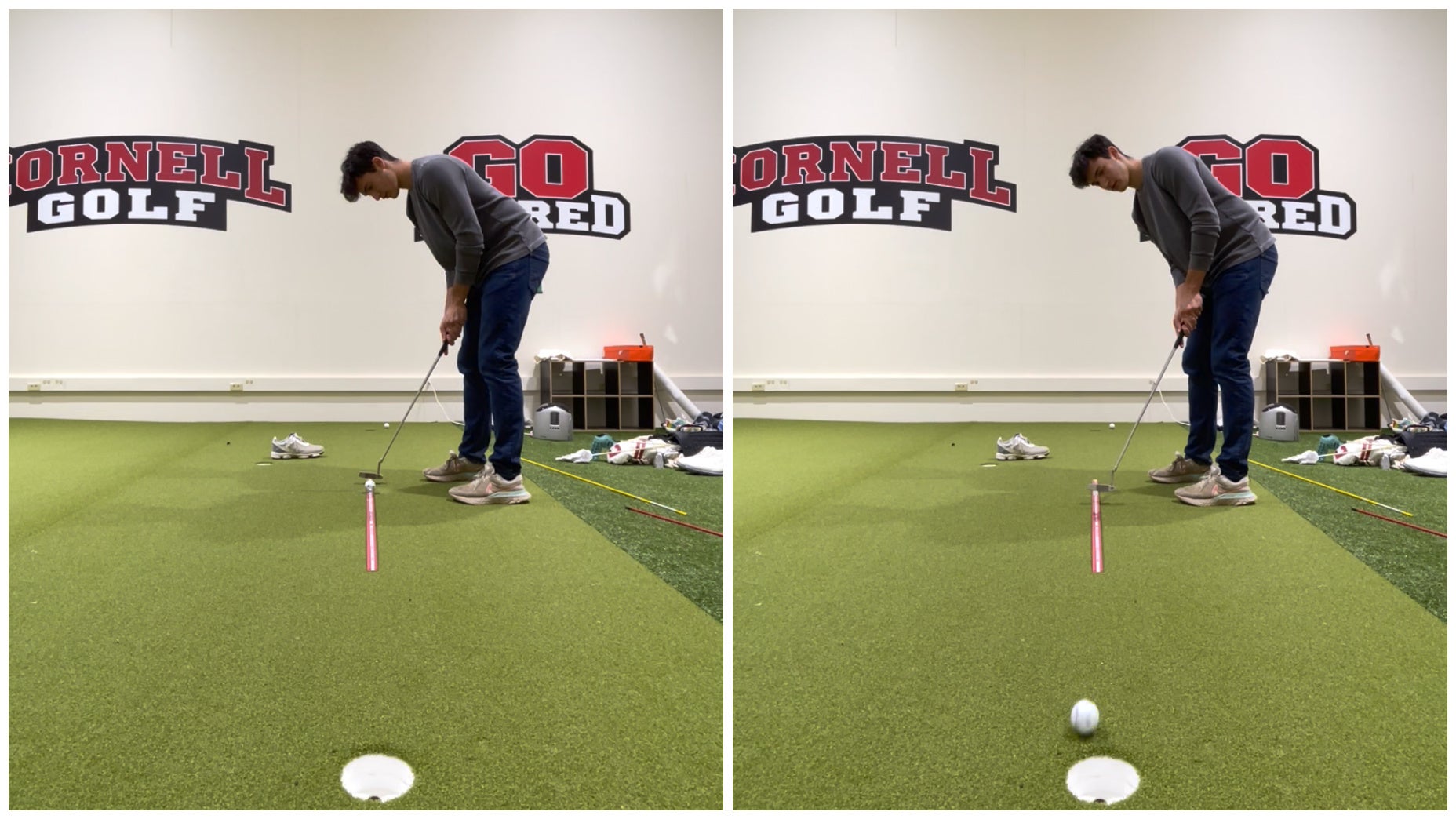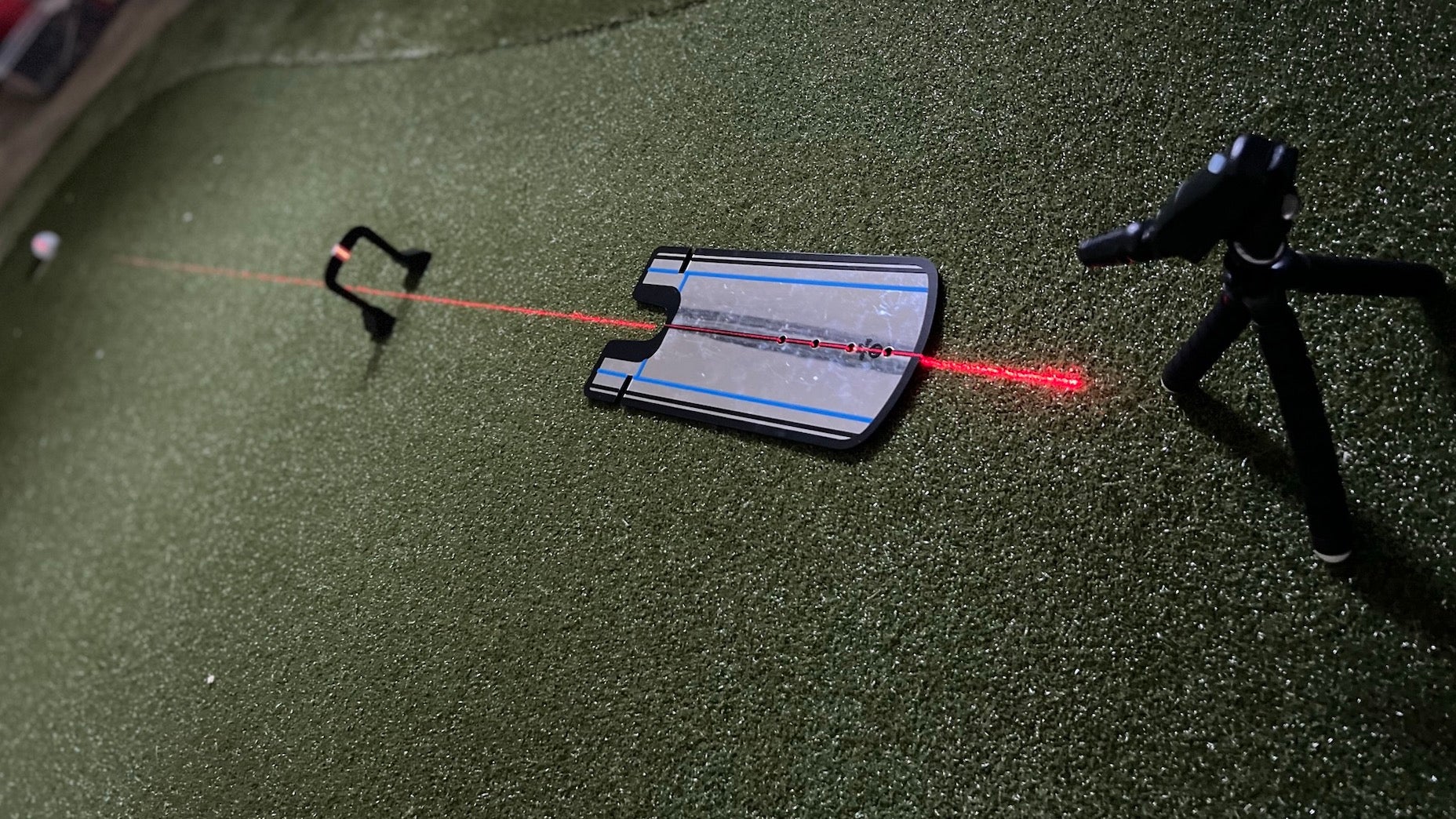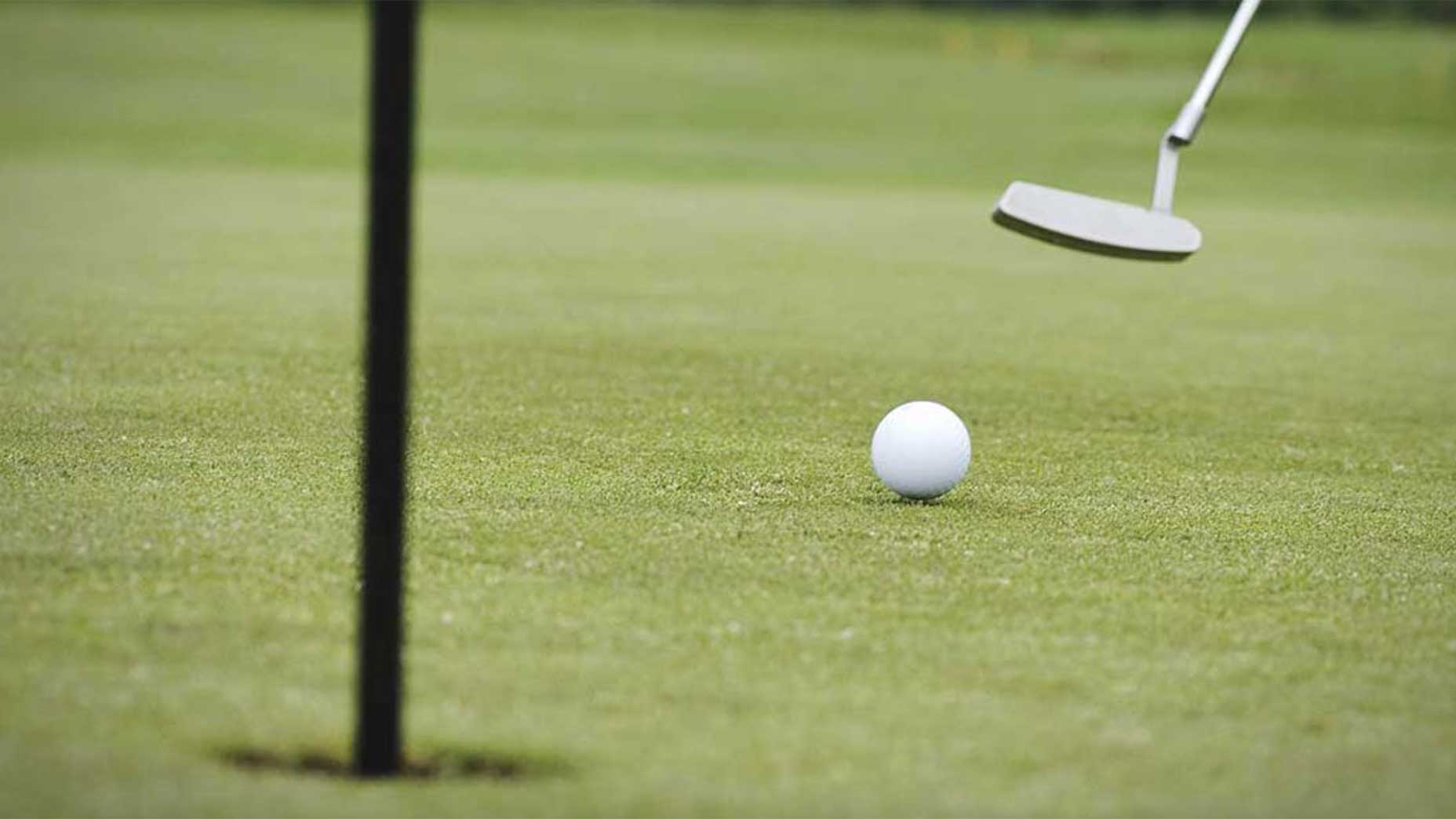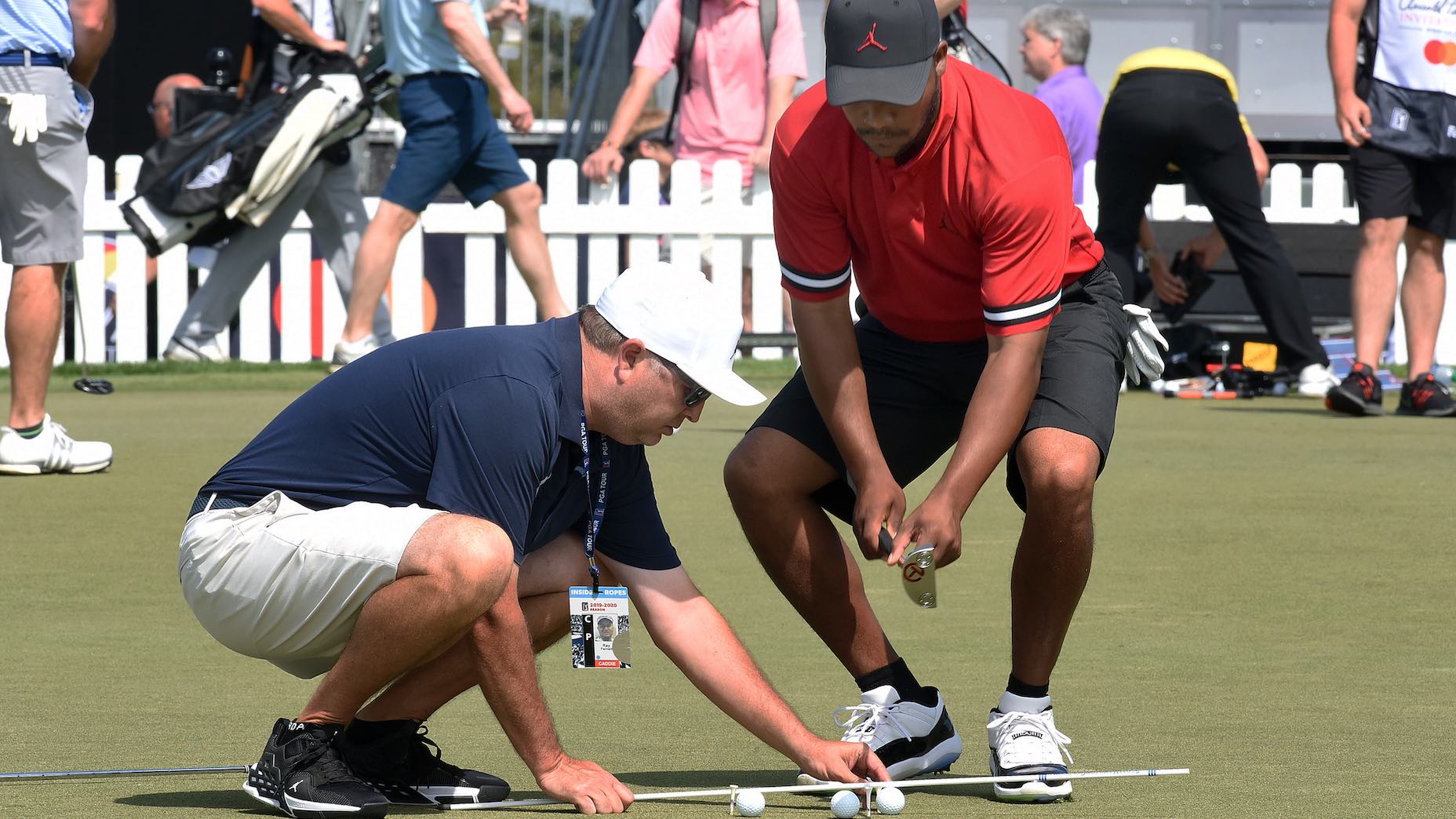Welcome to Play Smart, a new game-improvement column that drops at noon (ET) every Monday, Wednesday and Friday from Director of Game Improvement content Luke Kerr-Dineen to help you play smarter, better golf.
I started at GOLF.com and GOLF Magazine a couple of years ago, and almost every day since then I’ve had the pleasure of talking, interviewing and learning from our GOLF Top 100 Teachers.
Whenever we get going on the things that can help improve recreational golfers looking to make their way into single-digit territory, I’m always struck by the simplicity of many of their solutions. It’s something the rest of us all too often overlook: Often, the most effective way of lowering your scores is to focus a little more on the boring, simple stuff — which also happens to be the important stuff.
Short putting is a classic example of this. It’s something recreational golfers can improve fairly quickly without overhauling their games, yet it has the potential to transform your scores.
Why ‘boring’ putts are worth practicing
Golfers take upward of a third of all their overall strokes on the putting green, and a vast majority of those putting strokes occur within 12 feet of the hole.
While it’s true that a bulk of those are largely inconsequential tap-ins that even the worst golfers knock into the hole with ease, it still doesn’t change the overall breakdown, which golf-stats whiz Lou Stagner shows below:
Make sure you are practicing putts from inside 12 feet, as you will have A LOT of them. pic.twitter.com/kk4ZzAvmTK
— Lou Stagner (Golf Stat Pro) (@LouStagner) December 8, 2020
To illustrate the point even further, let’s refer back to an insightful statistical breakdown from GOLF Magazine contributor Mark Broadie. In the piece, he explains that 90s shooters face about 10 putts per round between 3 and 10 feet, on average. As for the make percentage? Here’s how it breaks down:
Make % from 8 feet
90s shooters: 27 percent
80s shooters: 33 percent
Tour players: 50 percent
And as Broadie points out, that incremental difference adds up quickly:
“That might not sound like a lot, but repeated over 10 putts per round, a 6 percent incremental improvement represents a saving of 0.6 strokes per round…better putters typically gain more strokes by holing more short putts from three to 10 feet than by lagging it closer to the hole from outside 20 feet.”
3 ways to improve your short putting this winter
It’s worth noting at this point that we’re not talking about gaining almost an entire stroke a round by making some gigantic technical shift to your swing, or bulking-up like Bryson. We’re talking about practicing putts so short you can literally do it from your home. You don’t need to be built like a professional golfer to hole more short putts. You don’t even need perfect technique. You just need to practice a little bit more than you are right now.
If I haven’t convinced you that this is important, perhaps I never will. But if you’re looking for ways to re-boot your putting this winter, here are a few that have worked for me recently:
Improve your green reading. There’s a variety of ways you can do this, like teaching yourself a system like AimPoint, for instance. If you’re serious about making more putts it’s especially important to understand the greens at your home course. I did this is by purchasing a green book from GOLF.com’s sister company, GolfLogix, for my home course in Connecticut, and can personally vouch that it helped me.
Pick a putter and stick with it. I’m a notorious putter-switcher, but one of my friends over at True Spec Golf (another sister company of GOLF.com’s) gave me a putter fitting at the start of the year and convinced me to stick with it. It’s easier when you know that you’re dialed-in with your flatstick, and even though it’ll be tempting to make a change after one bad round, sticking with it will pay dividends.
Practice inside. There’s a ton of great putting mats floating around out there. My advice is to invest in one you like, and to use it. Drill a few putts ever morning — it’s one of the most productive things you can do for your game.
